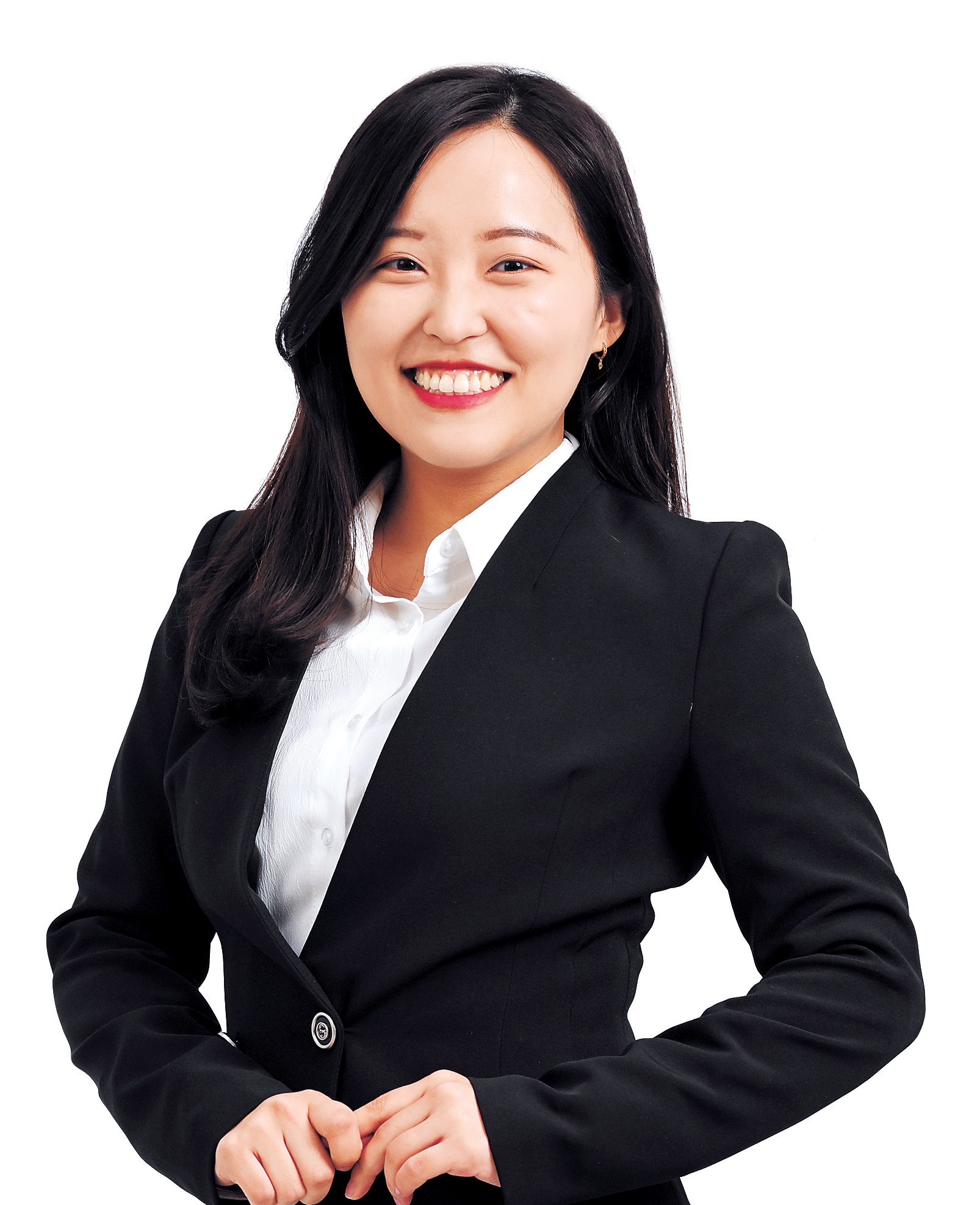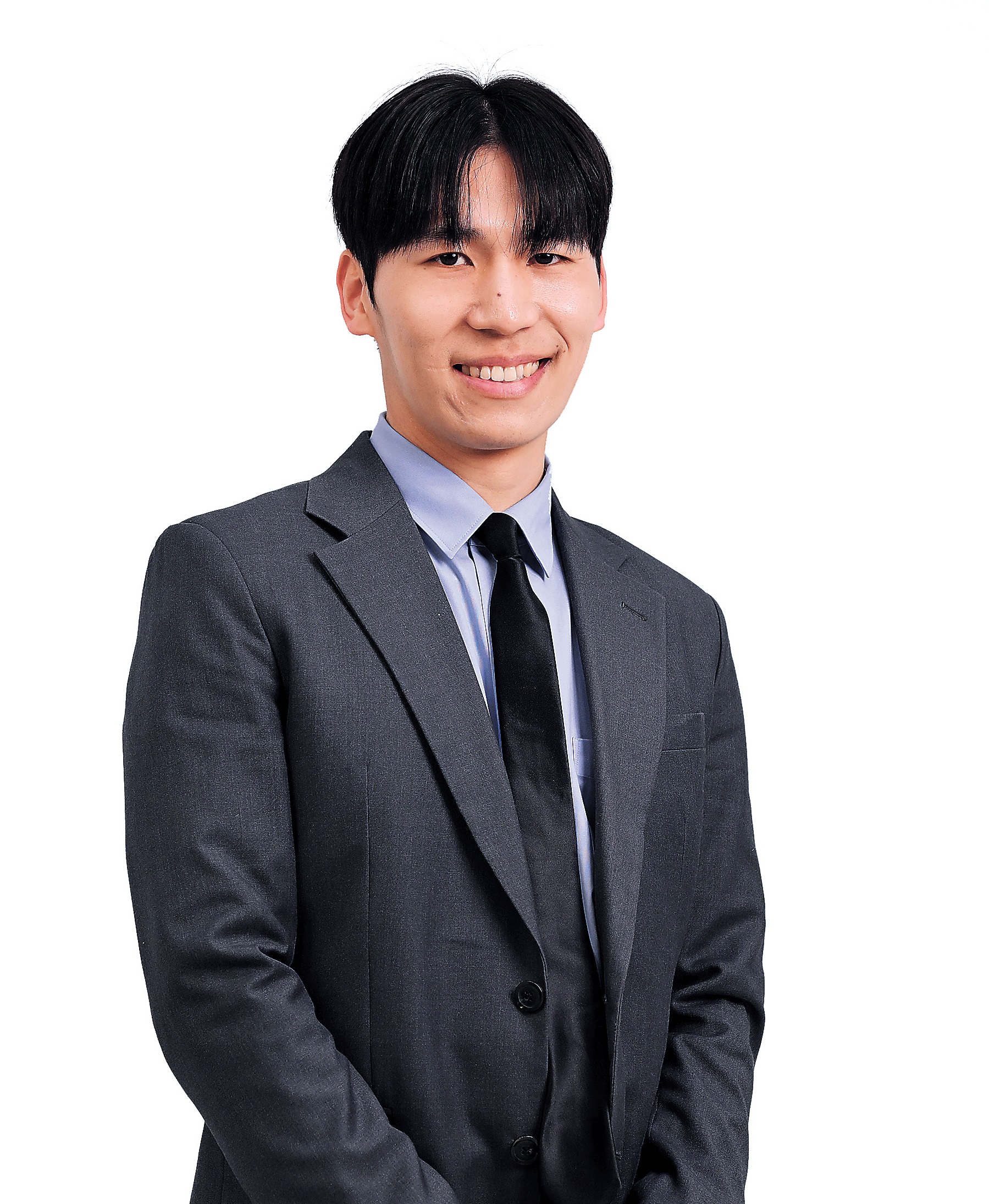[Election 2024] What voters said
Interviews with voters on their criteria for choosing candidates, expectations for next parliament and more
By Park Jun-hee, Lee Jung-joo, Song Seung-hyun, No Kyung-minPublished : April 10, 2024 - 16:15

Wednesday’s general election was to pick the 300 members for the next four-year session of the National Assembly, but voters who spoke with The Korea Herald said their ballots extend beyond the next parliament, embodying their hopes and expectations for Korean politics as a whole, with President Yoon Suk Yeol included.
Here are their voices.
‘It's all a mess’ says 87-year-old voter leaning on cane

Cherry blossoms had burst into full bloom just outside a Hangangno-dong polling station in Yongsan-gu, central Seoul, Wednesday morning, framing a picture-perfect spring scene.
But the situation was not rosy for eveyone
Leaning on her cane, 87-year-old Choi Jung-sook walked slowly toward the polling station at around 7:40 a.m.
However, she found there was no one there to assist voters like herself.
"There used to be volunteers helping seniors like us," she said, a hint of confusion in her voice.
Despite the missing assistance, Choi, a lifelong voter, managed to exercise her voting right. "I've never missed an election in my life," she said. "It's just something you naturally do."
When asked how she chose which candidate to vote for, Choi's response was straightforward: "I always choose based on their party affiliation. I just look at the number and vote." Her frustration with the current political climate was evident.
"It's all a mess," she said. "I hope good people become members of parliament and stop the constant fighting."
With her civic duty fulfilled, Choi left the polling station, ready to enjoy the beautiful spring day with a walk in the park nearby.
‘Doing my homework as a citizen’

In the Itaewon neighborhood of Yongsan-gu, Seoul, Jeong Hyeon-ho, 32, fulfilled his civic duty at a polling station set up inside the Itaewon Education Culture Center at around 9 a.m.
He shared with The Korea Herald that although he doesn't always keep a close watch on politics, he makes a deliberate effort to understand the issues and stakes during election season.
"As a Korean citizen with a higher education background, voting feels like a responsibility akin to homework, and thus I endeavor to make well-informed decisions for the future of our country," he said. "Over the past week, I've reviewed the campaign posters delivered to my house and even conducted online research to gain deeper insights into some of the candidates."
However, he expressed regret that the majority of the candidates' pledges seem to revolve around the development of the district's economy.
"I understand the necessity of focusing on election pledges that resonate with the masses, but as someone interested in raising awareness of Korea's cultural art scene, I hope that candidates also pay attention to this aspect. It's not only crucial for the development of the district, but also for the nation on a global scale."
‘Wake-up call'

Han Suk-lim, 65, told The Korea Herald that he cast his vote, hoping it serves as "a wake-up call."
When asked what kind of policies Han wished the next parliamentary session would focus on, Han focused on environmental policies, mentioning issues like carbon neutrality and the release into the ocean of treated radioactive wastewater from Fukushima, Japan.
"If you look at the way South Korea has handled environmental policies from an international perspective, something doesn't seem right," said Han, who voted at a polling site set up inside Yeomri Elementary School in Yonggang-dong in Mapo-gu, western Seoul.
'Politics in Korea is driven by hatred'

Thirty-six-year-old Lee Hyoun-jeek added that he voted because he wants to see a "society driven by common sense where hard work is recognized."
"From the way I've seen things, politics in Korea is currently being driven by hatred, with politicians openly demonstrating hatred toward one another. This has torn Korean politics to extreme ends," Lee said. "With my vote, I hope that politicians will truly work to change the country for the better, instead of just creating conflict."
Outside the polling station, Jeong Sae-bom, 26, was taking a photo of her hand with a voting stamp against the polling location sign. She said it was to prove that she had exercised her voting right.
In terms of her choice of candidate, she said she was torn between a candidate’s party affiliation and personal credentials as the basis for her choice.
"I didn't want to vote for someone just because they belonged to a party I support, but I also didn't want to empower a party I don't support,” she said.
“I looked at their campaign promises and past political behaviors to see how they could improve the district I live in for the better."
‘It’s all about housing prices and inflation’

A man in his 30s, who gave only his surname Kim, finished voting at around 10 a.m. at Hangangro-dong 2nd polling station.
He told The Korea Herald that he reviewed campaign promises online, but found little to differentiate them. "Since they all seemed pretty similar, I chose the candidate who presented their promises in a more visually appealing way," he concluded.
Kim also mentioned the ongoing debate between the two major parties regarding the relocation of President Yoon Suk Yeol's office out of Yongsan, which he found to be unimportant and irrelevant to the everyday life of voters.
"The priorities are, to me, housing prices and inflation," he stressed.
Kim left the polling station with a plan to take his child to Children's Grand Park in Gwangjin-gu, Seoul, and enjoy the spring weather.
'Child care pledges are a decisive factor for me'

Kim Hyun-woo, 38, made his way out of the polling station at Gwangnam Elementary School in Gwangjin-gu, western Seoul, having voted early in the morning.
He said, child care pledges were a decisive factor in his choice. The parties have rolled out promises aimed at tackling the country’s ailing birth rate.
“As a parent of a preschooler and a toddler, my utmost priority was which candidate could make Gwangjang-dong a good place to raise young children, such as how one would develop the old Seoul Children’s Grand Park or create a cultural complex for young people’s leisure,” Kim explained.
'Polarizing politics makes it difficult to discern what's right'

Park Jai-koo, a 67-year-old resident of Yongin, Gyeonggi Province, voted early Wednesday morning and came to Seoul for a brief meeting with his daughter. The Korea Herald met him at a cafe in Yongsan, where he was having coffee with his daughter.
Park expressed his frustration with the "era of polarized politics," saying that politicians today make it difficult for voters to discern right from wrong, solely focusing on partisan divides.
"Politics should be about the state serving the lives of its citizens," he said, responding to a question about his criteria for choosing a candidate.
Like Choi, Park also displayed deep frustration with the constant fighting among politicians.
"They claim to serve the people, but it's just empty words," he said. "If there's one thing they should be truly concerned about, it's the national economy."
Having completed his duty to vote earlier in the morning, Park left the cafe with plans to spend the rest of the day outdoors with his wife and dog.
Out to block a certain party from winning

In contrast to Jeong's approach of selecting candidates and parties based on their political objectives, some base their voting decisions more on whom they oppose.
At Hanseo Aviation Institute in Hongik-dong, Seongdong-gu, Seoul, at around 8:30 a.m. a man surnamed Park, a local resident in his 70s, descended the stairs with a grim expression after casting his vote.
"I voted as a preventive measure to counter the progress of certain parties in the political arena," he said.
He clarified, however, that he wasn't suggesting that the party he endorses is without flaws. He expressed his hope for members of the National Assembly to work together for the betterment of the Korean people.
"I'm mostly disappointed that political parties across the spectrum tend to prioritize their self-serving interests over serving the people," Park remarked. "Casting my vote is my political expression, at the very least."








![[Herald Interview] How Gopizza got big in India](http://res.heraldm.com/phpwas/restmb_idxmake.php?idx=644&simg=/content/image/2024/11/20/20241120050057_0.jpg&u=20241120164556)

![[KH Explains] Dissecting Hyundai Motor's lobbying in US](http://res.heraldm.com/phpwas/restmb_idxmake.php?idx=644&simg=/content/image/2024/11/20/20241120050034_0.jpg&u=)










![[Today’s K-pop] Blackpink’s Jennie, Lisa invited to Coachella as solo acts](http://res.heraldm.com/phpwas/restmb_idxmake.php?idx=642&simg=/content/image/2024/11/21/20241121050099_0.jpg&u=20241121172748)